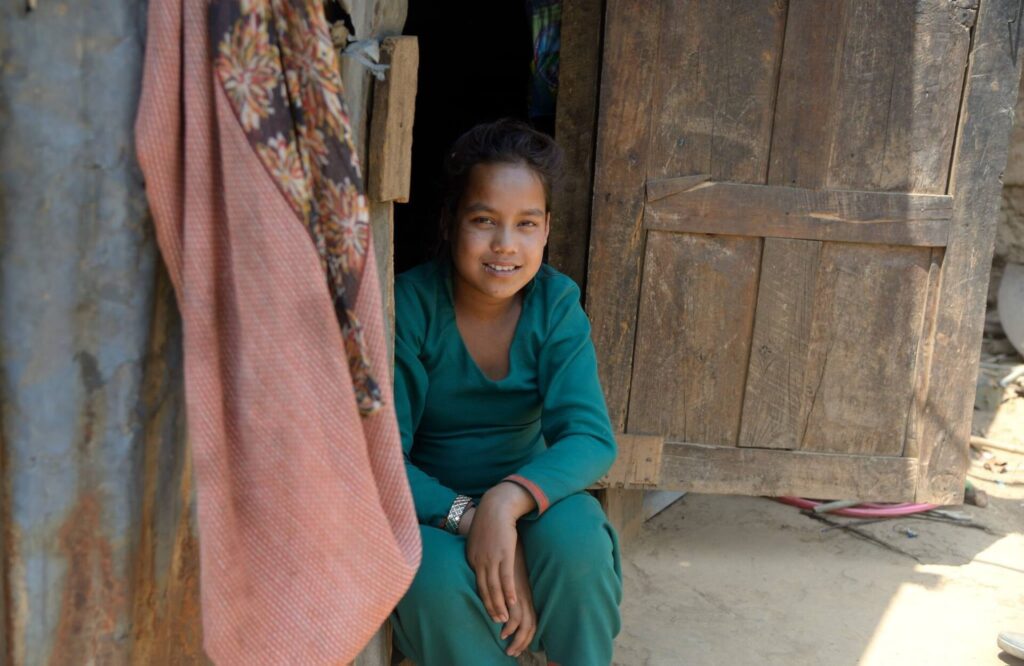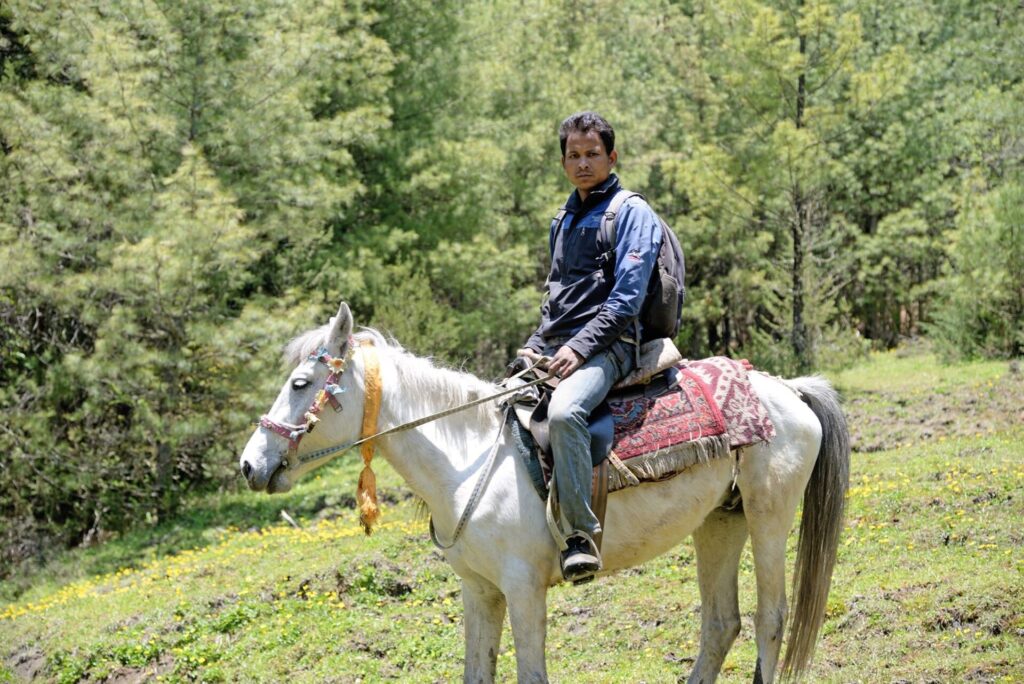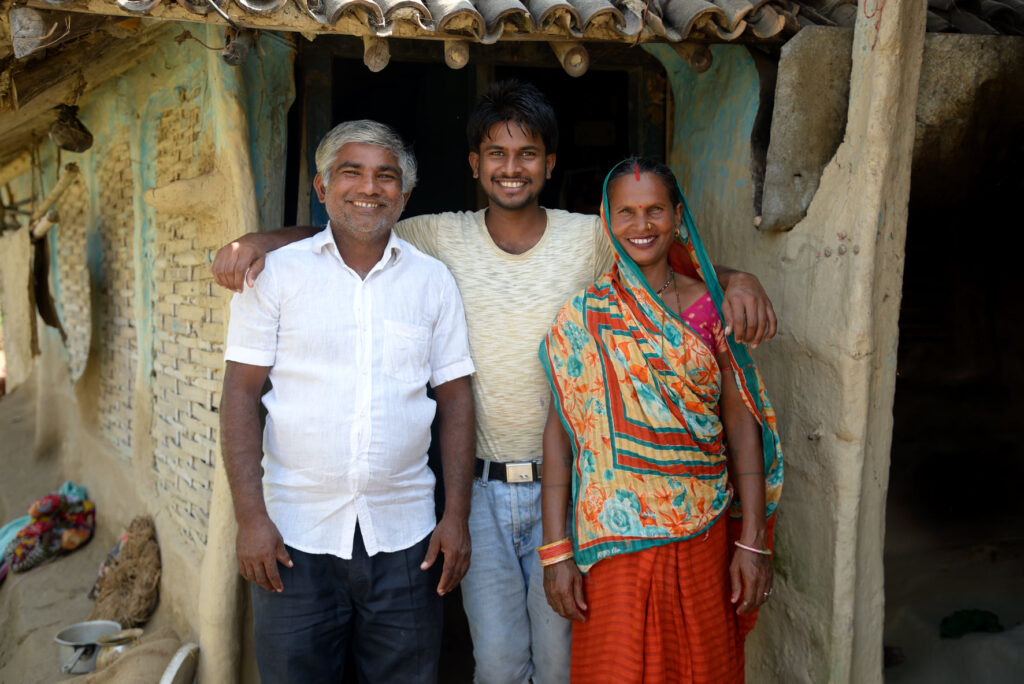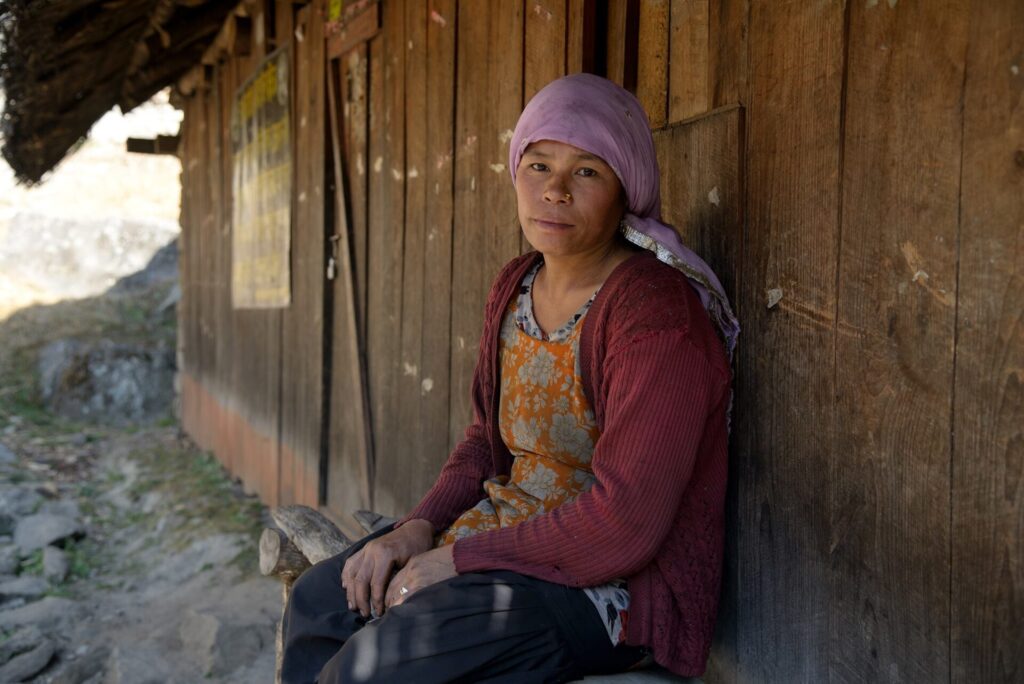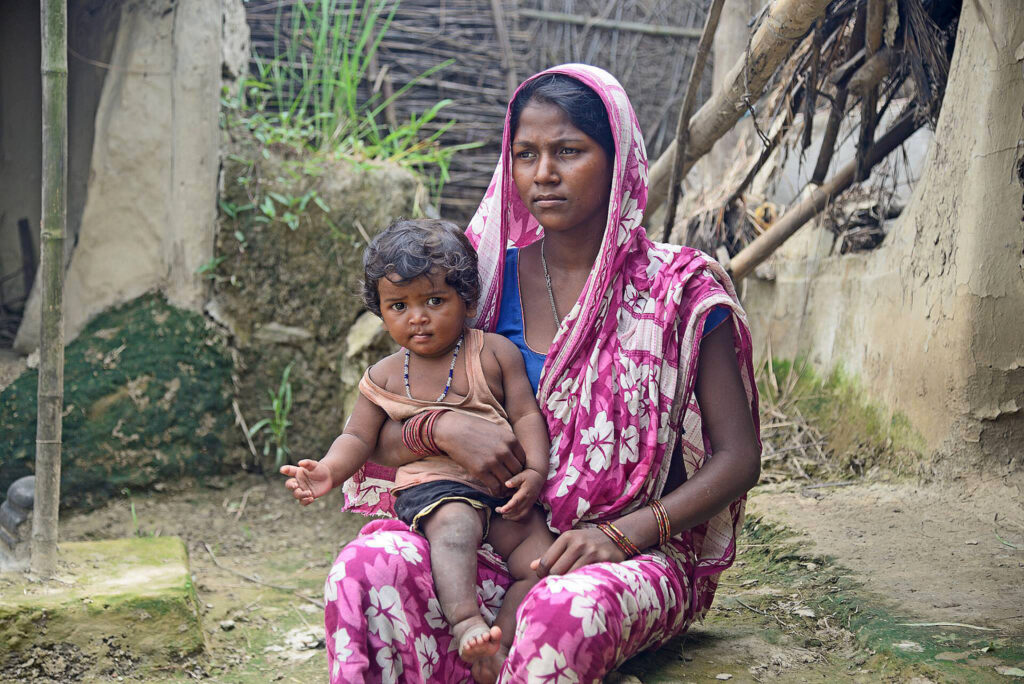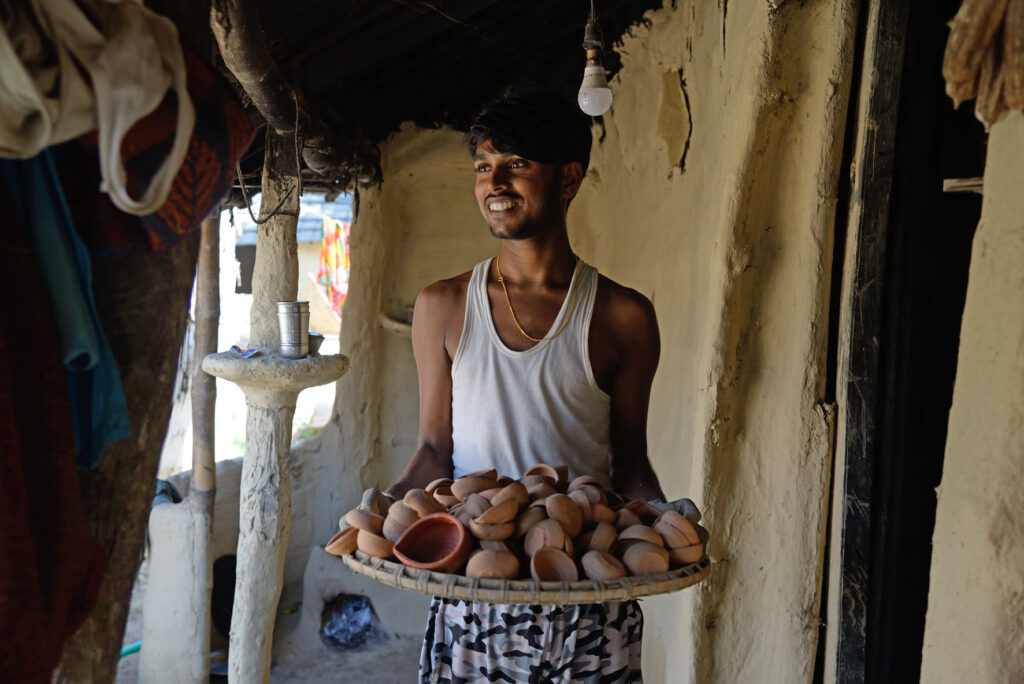
Umesh Balal Magar Darbar Devisthan, Gulmi
“The first question a lot of people ask me is if I know how to sing and dance. They attribute people with disabilities mostly with performance art. It is a stereotype used against people with disabilities to snatch away their rightful position in other roles and professions of society. Every time I returned home during the holidays, the villagers would ask me if all the pupils in my school were like me. Many people would heavily advocate that I pursue arts that I dance and I sing like my life was confined to these things. I once was speaking to a journalist and he just wanted to talk about the ‘discrimination’ I faced. He just wanted a story that would fit his narrative. Those who discriminate should be put on a spot and not those who are discriminated against. Because it is the stereotype that is crippling, not the disability.
But I was fortunate to have an environment at home that helped me understand acceptance. Although it took a while, by the time I was a teenager I was past my ‘disability’ and I have accepted the challenges that lay ahead.
I remember that during monsoon, the trail to school would be difficult for me to navigate. What if a stone fell from the cliff? What if the landslide took me away? What if I slipped on the debris and dropped off the steep cliff? What if there was a storm? I was physically small and I felt I would not be able to protect myself compared to an average-sized person.
It was only when I became a climate activist, these incidents of when I was a boy started to have more meaning to me. As I traveled in Nepal advocating for climate change, I could see how it could affect the ones that live in the frontline of climate-induced disasters. And when scenarios of such an event flashed in my eyes, I saw people with disabilities would have the hardest time protecting themselves. What would happen to the visually impaired man? The mentally ill girl? The man who has no legs? The fact that not many people and activists had spoken about this made me sad. Although I wanted to talk about it I had a reservation. I never wanted to be labeled as someone with a disability. I even felt uncomfortable receiving discounts on public transportation allocated for people with disabilities. To be able to represent people with disabilities and to start a dialogue about the impact of climate change, it required me to announce and accept that I was one and that I could relate to the stories of other people with disabilities. Now my mind has grown, my experience and knowledge have merged and now I have decided to speak, raise my voice, and put forward stories of climate change and its impact on people with disability on the world platform.”
